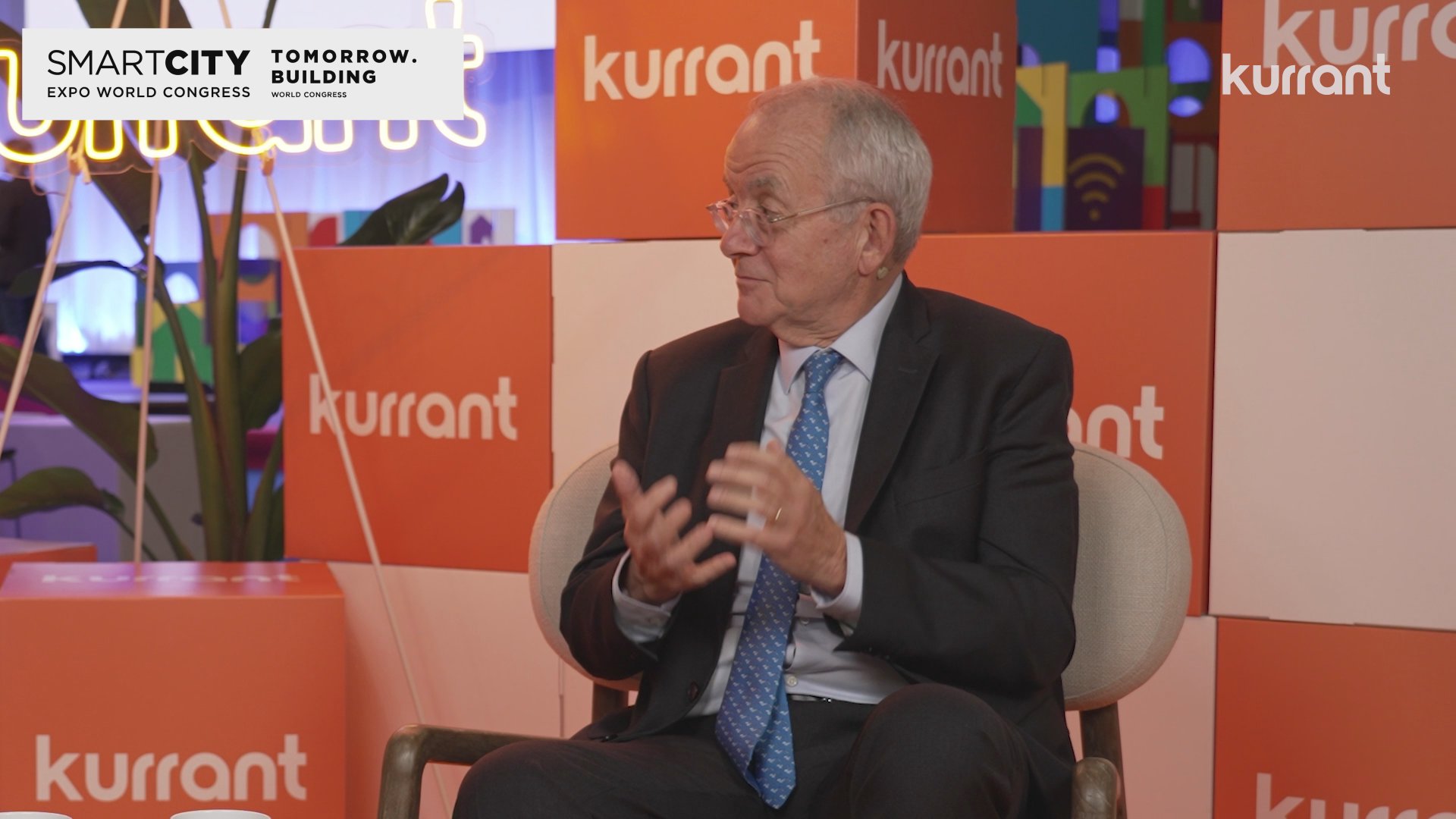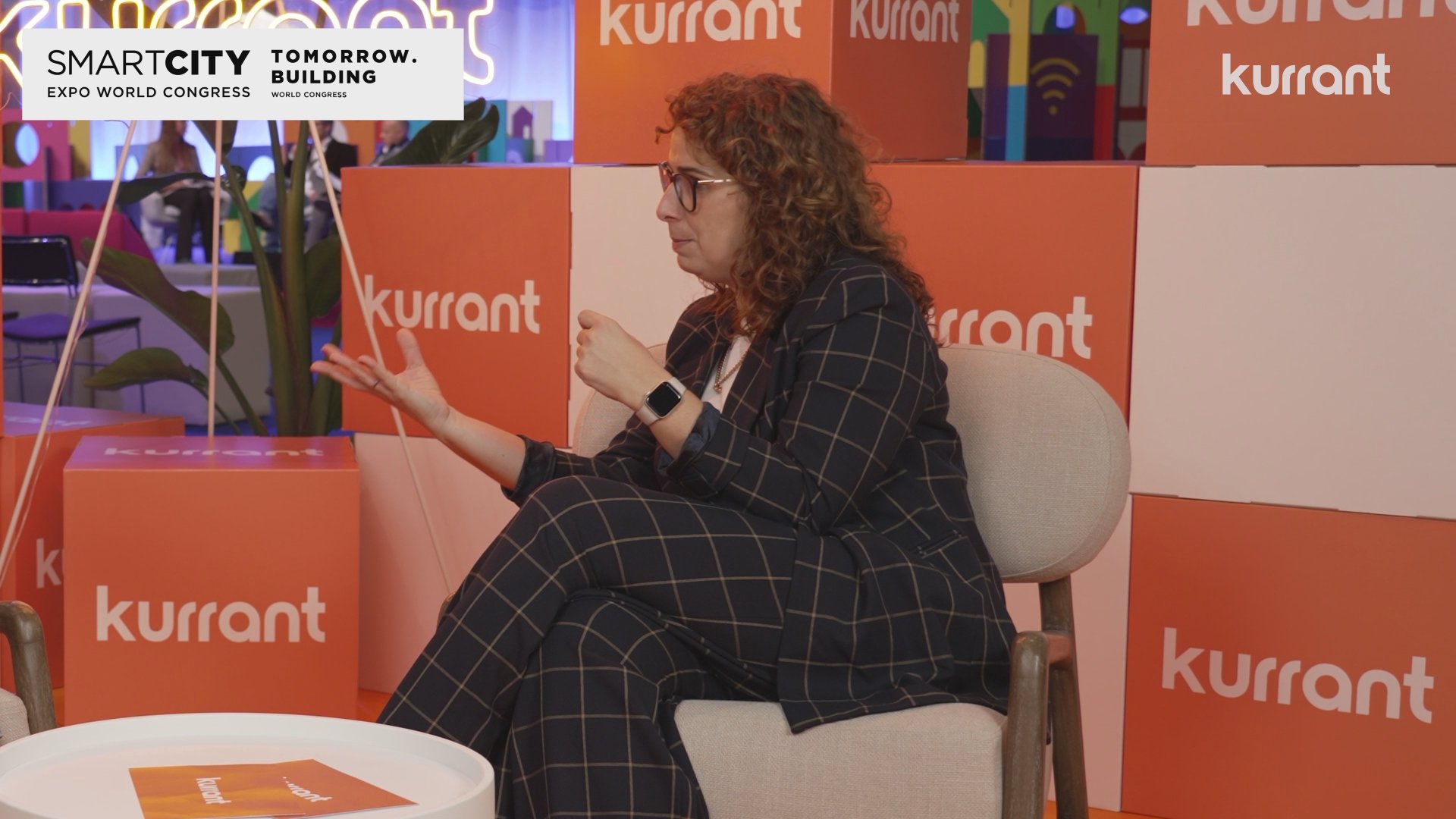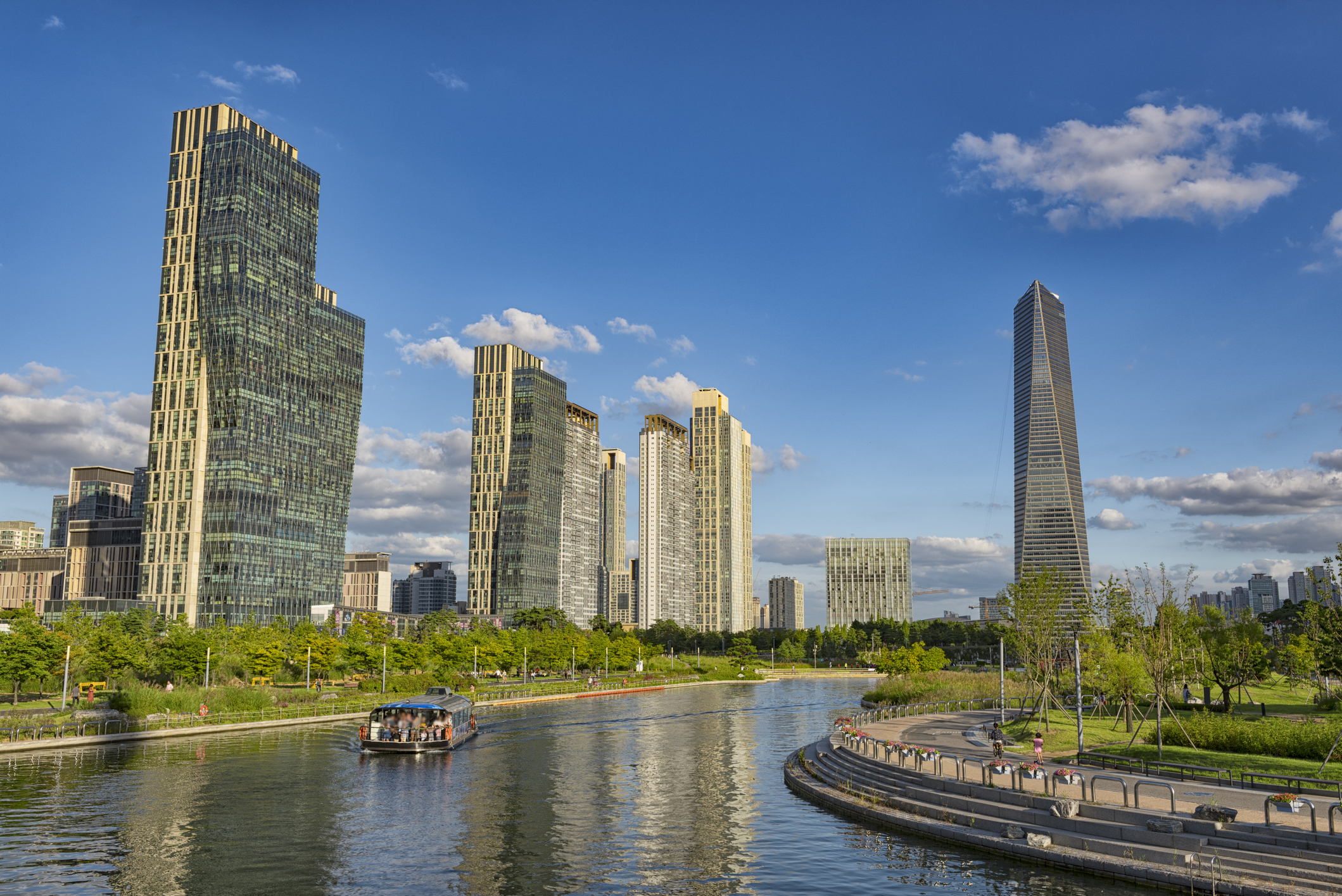In collaboration with the Israel Smart Cities Institute.
Through decades of digitalization and technology adoption, cities work to become smarter. Innovation is a key issue for creating a smarter city, fueled by or with municipal employees and active residents. Both groups of people need to be encouraged and acknowledged for their innovative actions – so that they will want to innovate and contribute to the city’s constant evolution into a smarter one.
Cities often worked locally, assuming their challenges- including this need to encourage innovation were unique or that they required specific solutions to resolve them. However, evidence has shown that the challenges tend to be global.
Spaces to promote innovation and municipal transformation like the Israel Smart Cities Institute and its initiative The Global Forum 4 City Innovation serve as a point of contact for exchanging knowledge and smart ways of tackling urban challenges using tools often developed in other cities and living spaces.
Israel and Smart Urbanization: From the digital city to the smart city
Israeli municipalities and other local governments are busy to become “smarter”- meaning to provide a good place to live in with top-quality municipal services. Most local governments strive to search for new ways to innovate and offer online tools for their residents including online tax payments, publication of the services they offer and important news and updates that might affect citizens. But local governments realize that residents expect them to offer much more than only computerized or other technology related services such as: welcoming public areas, after school educational programs, cultural programs, health promoting programs such as outdoor fitness parks and more.
The digital city was a major milestone at the end of the 20th century. Each town hall began connecting their systems to electronic computer signals, building complex programs for urban management. That was the start of the ICT-based smart city concept, a city connected to integrated processes. But this is not enough anymore, the "smart" concept must go further.
The Global Forum 4 City Innovation
The Global Forum 4 City Innovation is the Israel Smart Cities Institute initiative aimed at the encouragement of innovation in cities by municipal employees and by active residents, based on supporting their innovative initiatives and their personal acknowledgment, online as well. In addition, this initiative allows the exchange of municipal innovation created within the local government departments and/or city residents.
This platform will be the base for a global databank for innovative products from municipalities around the world, allowing the exchange of solutions and knowledge between them for the benefit of all.
The Global Forum 4 City Innovation – ISCI is inviting nominations from any local government from any country around the world. This might be an outstanding opportunity for a local government’s employees – as part of its staff and active residents, to present innovative solutions for the chance to be shared with other city professionals worldwide.
You can submit your nomination before June 30 HERE
Why are these non-gov organizations and spaces key to urban innovation?

Cities around the world need technology solutions and new forms of organization. In recent years, cities have been focusing their efforts on reducing the environmental impact, attracting talent or 15-minute cities, among other milestones, many of which are global.
Town halls have learnt, sometimes through trial and error, that it is more efficient to borrow technologies and methodologies than to develop them in situ. The cost of sharing what has been learned is lower than discovering it over and over again. That is why exchanges at forums like The Global Forum 4 City Innovation have proven to be extremely productive for urban environments.
When a city does not have to develop a particular technology on its own in order to meet its citizens requirements, it is able to pump those ‘saved’ resources towards other requirements. Paradoxically, adopting generic but customizable solutions leads to waves of local innovation while creating more innovative and satisfied local government employees and city residents.
What happens is that, when a town hall invests in solutions developed previously in other urban environments, this adoption serves to boost its innovation. By using these tools, local governments use them as a support to add new layers of technology and other solutions and services which, in turn, can be transferred to other cities to begin their transformation into smart cities and this contributes to this collective learning cycle.
Cities and people learn from one another. They imitate and copy one another and exchange solutions to resolve or alleviate their problems, and by doing so, they contribute significantly to local and global development. Agoras like The Global Forum 4 City Innovation and NGOs like Israel Smart Cities Institute are fundamental stakeholders in this process of transformation towards smarter and more inclusive cities that remember the individuals that helped lead them forward.
Images | Skye Studios, Shai Pal






















































